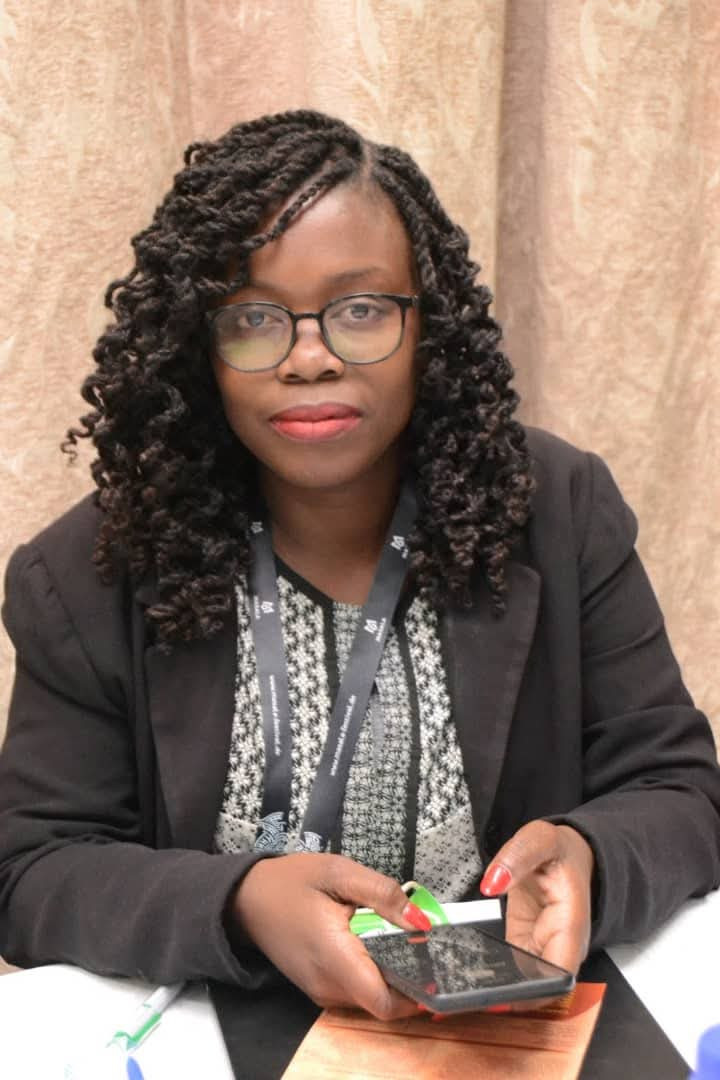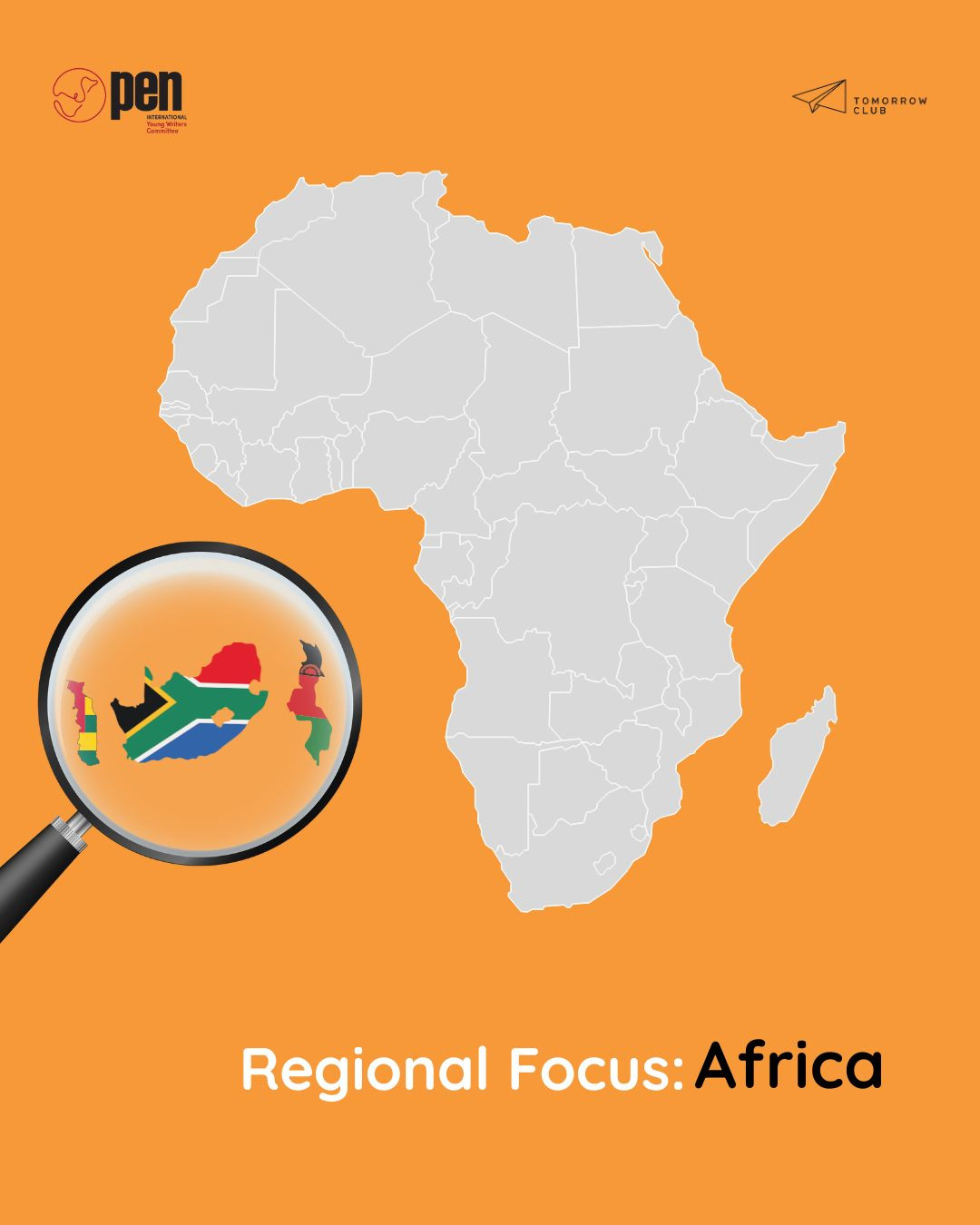We have lived it. We have read about it. We carry it in our walk, in our laughter, and in our stubborn refusal to remain silent. The desire to exist as ourselves, defined by ourselves, lit the first flames of resistance.
The colonizer, however, had his own vision—not of who the African is, but of who the African should be. His vision reached into every corner of life: how we should pray, eat, dress, speak, and think. Everything of his was a “yes”; everything of ours, a “no.” He drew borders we didn’t ask for—lines that still divide us. He dismissed our languages and handed us his, calling it superior. In this madness, our ancestors of struggle rose—and for most nations, freedom followed. Or so we thought.
What came next was betrayal. Fascism, dressed in African clothes. In Malawi, the slogan “zonse zimene nzakamuzu Banda”—everything belongs to President Banda—meant that no one could claim ownership over anything, not even themselves. The result was a nation of citizens living under the weight of state control. Oppression and exploitation became the order of the day.
In Zambia, another liberator turned ruler began hunting down those who dared to speak against his ideology. Power became centralized. Democracy was squeezed out. And again, oppression reigned. Sadly, this was not unique. Many African nations defeated colonial rule, only to fall at the hands of their own kinsmen.
But this, too, was met with resistance. Some won. Some lost. Some are still fighting—refusing to be silenced even in the face of new forms of fascism.
In the places where resistance triumphed, democracy appeared to dawn—Malawi, Zambia, Tanzania, Nigeria, South Africa. Governments by the people, for the people. But the democratic sun has never fully risen. The difference between African autocracies and democracies is often invisible. Autocracies silence dissent loudly and openly; democracies do it softly, discreetly. The same leaders meant to uphold the law bend it to their own advantage. And so, in the face of such betrayal, African voices rise—in pain, but also in protest.
At the helm of this continued struggle stands the youth. From uprisings to movements, young people have taken to the streets and to the page in pursuit of freedom. They march, they speak, they write. The spirit of their ancestors flows through them. In Senegal, young people led nationwide protests against the delay of a presidential election—and they won. In Malawi, youth-led demonstrations and a historic court ruling overturned the rigged 2019 elections. In Kenya, millennials and Gen Zs spearheaded protests that shook the political landscape.
These are not the leaders of tomorrow—they are the leaders of today. They bring unmatched energy, clarity, and urgency. When given space, they flourish. When denied space, they claim it. They are shaped by the spirit of African struggle. And they continue the fight—not out of romanticism, but out of necessity.
But let’s be honest: freedom for Africans has never been easy to come by. We inherit borders drawn without our consent. We operate within systems that still speak in foreign tongues. We are ruled, at times, by those who forget who gave them power. And yet—we rise. We rise in spite of unemployment, broken promises, and the growing silence around our mother tongues.
We rise because we are African. And to be African is to know resilience—not just the kind that survives, but the kind that creates. Not the kind that waits, but the kind that builds from lack, not luck. We rise not because we love to fight, but because we love to live.
We rise because we know, deeply and defiantly, that freedom is never a static gift—it is a fire that must be kept alive. And it still transcends the walls of our very existence.
About the Author

Wezi Glory Msukwa-Panje is a Malawian poet with a bachelor’s degree in Humanities, majoring in Literature. Her poetry has been widely anthologized, and she is an acclaimed children’s author whose works are approved for classroom use by the Malawi Institute of Education. A passionate linguist, editor, and translator, she serves on PEN International’s Linguistic Rights Committee and the Women Writers Committee Advisory Board, where she advocates for language preservation and gender equity. Through PEN Malawi, she actively fosters literacy, creativity, and linguistic diversity in schools and communities, both locally and internationally.

